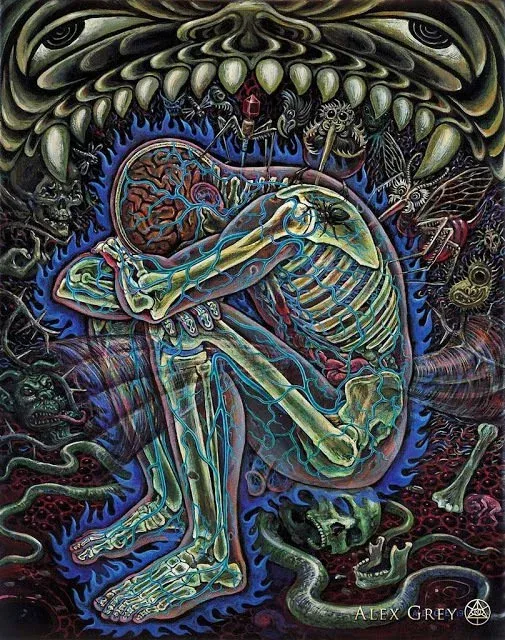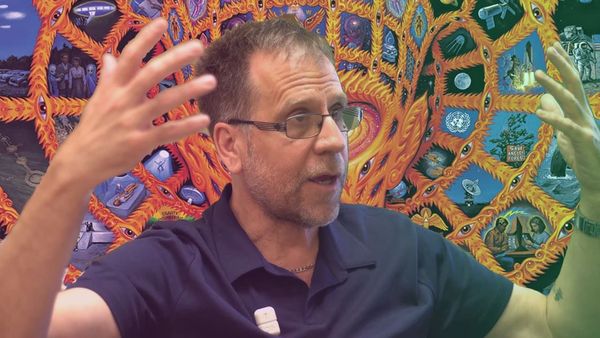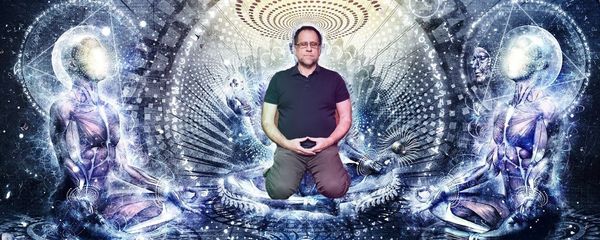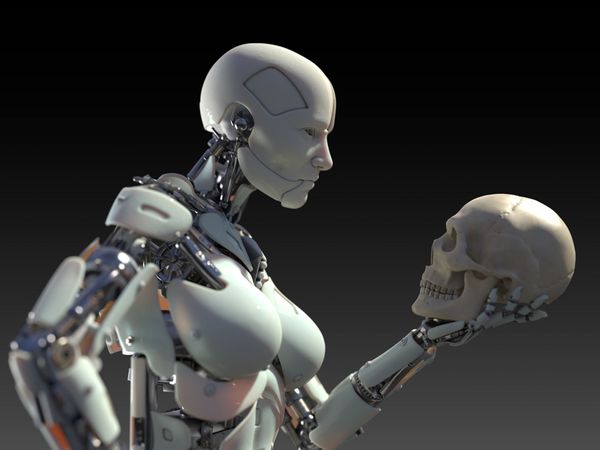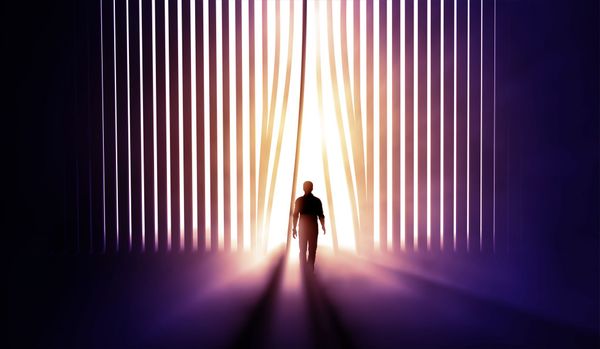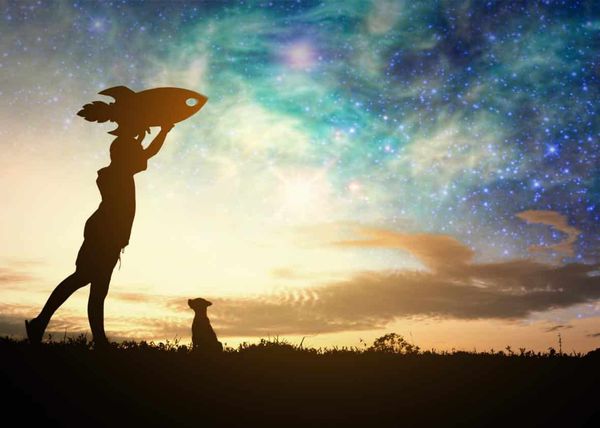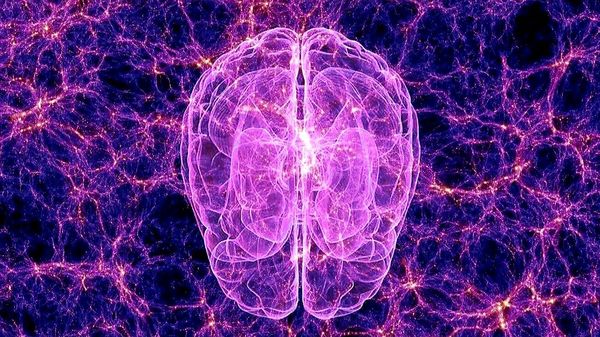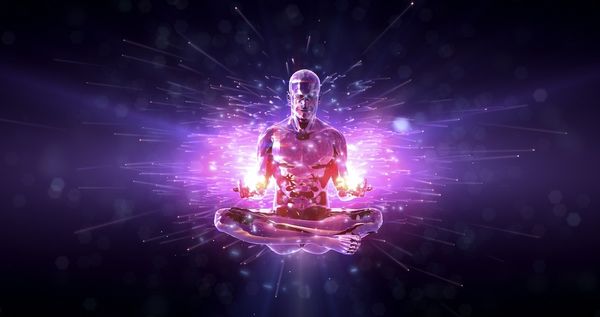Jordan Bates • • 4 min read
Addiction is the Opposite of Connection

“Addiction is not a choice that anybody makes; it’s not a moral failure… What it actually is: it’s a response to human suffering…”
— Dr. Gabor Maté
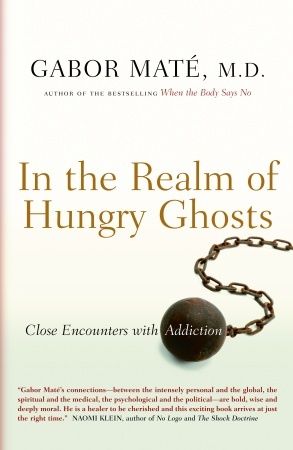
Dr. Gabor Maté is a world-renowned expert on addiction and trauma. In his book In the Realm of Hungry Ghosts: Close Encounters With Addiction, he discusses how addiction is best viewed not as a crime or illness but as a coping mechanism for a personal, spiritual crisis.
He has defined “addiction” as follows:
“An addiction is any behavior, substance related or not, that an individual pursues because they find pleasure, relief, or they crave it temporarily, so they pursue the pleasure and relief despite negative consequences. And they don’t give it up, in the face of negative consequences. I said any behavior. So that could be sex, gambling, eating, shopping, work, relationships, or substances.”
Maté elaborates:
“Addiction is not a choice that anybody makes; it’s not a moral failure; it’s not an ethical lapse; it’s not a weakness of character; it’s not a failure of will, which is how our society depicts addiction. Nor is it an inherited brain disease, which is how our medical tendency is to see it. What it actually is: it’s a response to human suffering, and all these people that I worked with had been serially traumatized as children. All the women had been sexually abused. All the men had been traumatized, some of them sexually, physically, emotionally neglected. And not only is that my perspective, it’s also what the scientific and research literature show. So addiction then, rather than being a disease as such or a human choice, it’s an attempt to escape suffering temporarily.”
The root of “addiction” is not weakness of character, an ethical lapse, but psychological trauma.
The root of addiction is deep suffering. Often we dehumanize addicts, but in fact such people are those most in need of our compassion.
Addiction is a signal that a person has been seriously wounded by life and has turned to an addiction of some kind to cope with their pain. In this way, addiction can actually be adaptive; for many people on the verge of self-destruction, addiction provides enough psychological distance from problems to allow them to keep going, keep living.
In the modern world, with all its supernormal vices and stimuli, most all of us are addicted to something, if we’re honest. Maybe it’s porn, video games, fast food, social media, (online) casinos, Tinder, designer drugs, consumer products, engineered super-cannabis, artisanal booze, Netflix, virtual reality, strip clubs, smartphones, cigarettes, the Internet, or perhaps something more unassuming like exercise, coffee, ideology, or self-improvement.
Johann Hari has written that, “The opposite of addiction is connection.” In the modern world we’re deeply alienated from ourselves, from others, and from nature—this is a significant wound most all of us are carrying. We turn to addictions and distractions to try to fill this void, and the modern world is all too happy to provide a laundry list of addictive diversions to satiate us.

Art by Antoine Geiger
At the end of the day, though, addiction, consumption, and the hoarding of experiences or accolades cannot fill the void within or bring inner peace. Only healing our traumas, reconnecting, and deeply accepting and loving ourselves and Being can do that. This process begins with awareness: learning to fearlessly and gently bring “the places that scare us” into the light of our awareness, feel the feelings we’ve hidden there, and let them go.
This is a challenging process that requires a deep commitment to healing and wholeness, but there is little in this life more rewarding than its fruits.
The path toward ever greater healing and wholeness may well be never-ending, so in the meantime, perhaps we can all be less judgmental and more compassionate toward those who are using various addictions to cope with their pain (i.e. most all of us). When you judge someone, you are judging something in them that you also recognize in yourself but don’t want to look at. Or, as Herman Hesse put it:
“If you hate a person, you hate something in him that is part of yourself. What isn’t part of ourselves doesn’t disturb us.”
We are all frightened, funny monkeys doing our best to cope with the kaleidoscopic predicament of being alive on Earth in 2019, with all the wonders and terrors that entails. When you begin to see that everyone is suffering and most ‘bad’ things people do are simply attempts to cope with suffering, it becomes much easier to feel compassion toward all beings, including yourself.
As compassion increases, your world transforms; you begin to see a world of wounded angels, not a world of dehumanized monsters. You access new degrees of love and understanding of our oh-so-human humanness.
If this post resonated, I recommend these articles:
Traumatized Supermen: The Self-Improvement Industry’s Most Destructive Blindspot
Hurt People Hurt People. Healed People Heal People.
Carl Jung and the Shadow: The Ultimate Guide to the Human Dark Side
As well as these books: Letting Go: The Pathway of Surrender by David Hawkins; In the Realm of Hungry Ghosts: Close Encounters With Addiction by Gabor Mate; The Power of Now: A Guide to Spiritual Enlightenment by Eckhart Tolle; The Places That Scare You: A Guide to Fearlessness in Difficult Times by Pema Chodron.

Jordan Bates
Jordan Bates is a lover of God, father, leadership coach, heart healer, writer, artist, and long-time co-creator of HighExistence. — www.jordanbates.life


